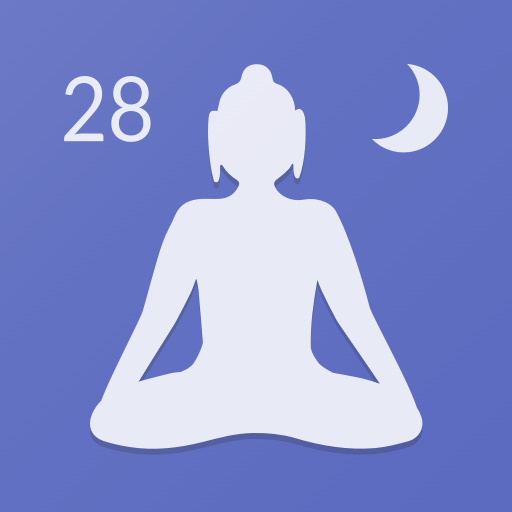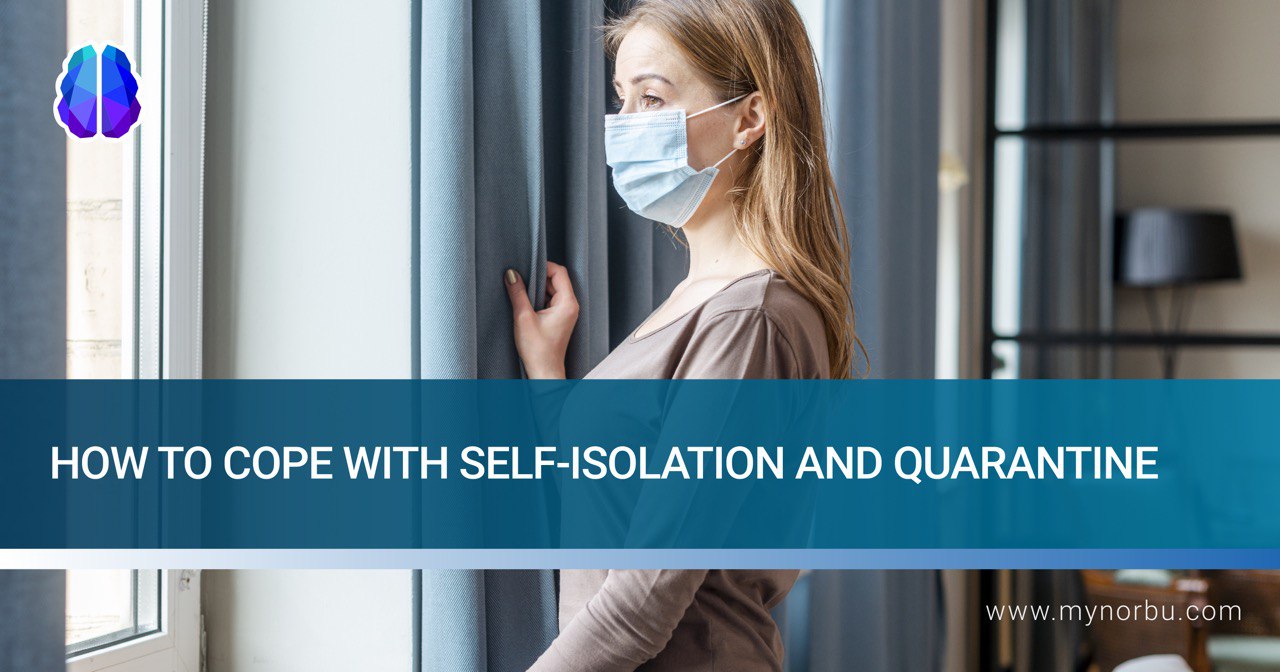How to cope with self-isolation and quarantine

Analysis: as thousands of us face a period of quarantine or Isolation, here’s what to expect and how to cope
Thousands of people on this island are in or facing a period of quarantine or Isolation as a result of coronavirus risk or infection. At the best of times, staying away from loved ones, peers and colleagues would be a challenge, but adding the spectre of a life threatening infection to the mix elevates this to a high stress experience. Thankfully, psychological research during other disaster situations such as SARS, Zika virus, Ebola and the Boston Marathon bombing has delivered some instructive insights on how we react to these situations and how best to manage them.
Those who have experienced quarantine or Isolation speak of a series of burdens that take their toll on feeling of well-being. The limiting of natural social contact, the cessation of a natural daily routine and the experience of a lack of control over one’s life can be debilitating and exhausting. The consequences experienced include the following.
Fear and anxiety: Being in quarantine or Isolation means a loss of control over normal life routine. When we feel things are beyond our control our levels of fear increases because of the risk we perceive. Our anxiety is exacerbated by the worry, not just about one’s own health and well-being, but also that of family, particularly if you are a chief carer or bread winner. Can I provide the natural nurture and care for my loved ones, how do I ensure my loved ones will have the everyday essentials? What will the future hold for me, my loved ones, for my community…? The daily announcements of the bounce in numbers infected can heighten our sense of lack of control.
Boredom to depression: our work roles form an important part of our personal and social identity and purpose. Being without work, or at least not having our normal rhythm, can lead to feelings of ineffectiveness. The lack of opportunities to use our abilities can dampen moods leading to a general sense of sadness. For many, being deprived of their natural physical activity regime, be that sport or gym visits, means unfamiliar lethargy and depressed energy levels which are not positive for well-being.
Frustration and anger: enforced confinement, restricted movement and not being able to engage in everyday activities elevates frustration levels. This frustration may spillover not just to loved ones in our environs, but also to those not heeding official guidelines, or others not subject to quarantine or Isolation
Stigmatisation: being identified as being in quarantine or Isolation, whether self-imposed or not, can lead to the experience of feeling stigmatised. Guilt and fear not just about the unknown but how others might perceive us now or in the future adds to the malaise.
Thankfully psychological research offers some insights on how to cope with the feelings associated with this adversity.
(1) Take a proactive approach
Making a plan and identifying what we can control is associated with sense of purpose and progress. Sketch a daily timetable or routine and post it where you and others can see it, as doing so increases our probability of sticking to it. Ensure variety in the schedule, work, leisure, exercise, learning, etc. Consider engaging in something new – a project – that sparks your intrinsic motivation and curiosity. We can manage our moods and feelings, so try to be aware of what you are feeling, and understanding why you are experiencing these feelings is the first step to putting one back in control.
(2) Stay connected
Whether one is extrovert or introvert, we are a social species and connecting with friends and family has positive effects on our well-being. Whether it’s text, video chat, social media or phone, just staying connected keeps us centred. In particular, it is good to share what you feel. While a problem shared may not be a problem halved, there is a host of research to support that sharing concerns with trusted others has significant positive psychological benefits.
(3) Focus on your health
While obvious, we sometimes fail to control what we can with reference to our health. Quarantine and isolation s stressful and stress weakens our immune system, so being proactive about staying healthy becomes even more important. Stick to regular meals with the correct nutritional variety and avoid snacking. Anxiety can sometimes prompt us to comfort eat, so we need to manage these urges. Daily exercise will help regularise sleep patterns all of which boosts psychological health. Needless to say, the misuse of alcohol and drugs will not help longer term adjustment despite how the relaxing effect of alcohol may be appealing in a time of stress.
(4) Manage your media consumption
We have learned from the Zika virus crisis in 2016 that those who relied on social media sources such as Twitter recorded higher levels of stress and anxiety than those who depended on traditional media sources for their news updates. In fact, consuming too much media in a crisis situation is associated with increased levels of experienced stress. Restrict your consumption of news and avoid social media and depend on traditional national media with direct lines to the trustworthy medical decision-makers when accessing news.
If you are subject to quarantine or isolation, remember you are doing so not just for your own good, but that of your community. It is the ultimate act of altruism and it might be said you are among our nation’s silent heroes. We owe you and thank you!



